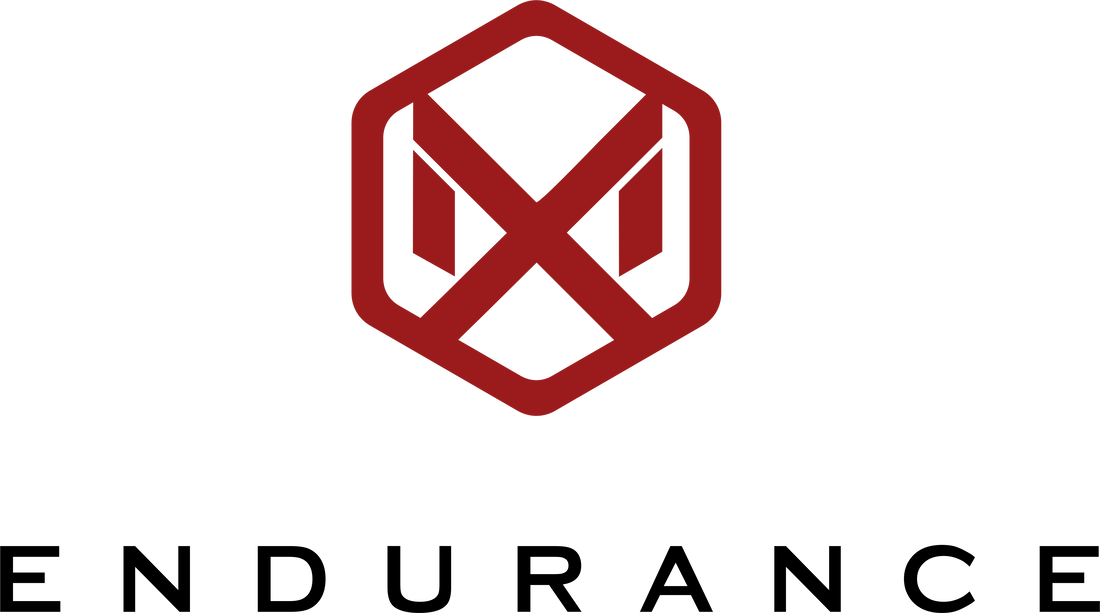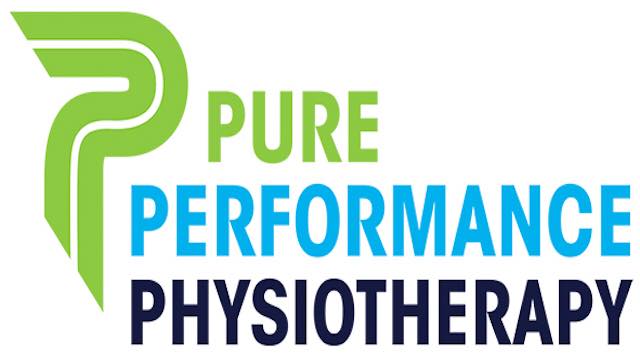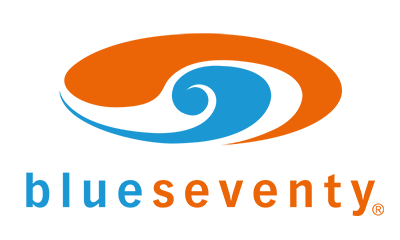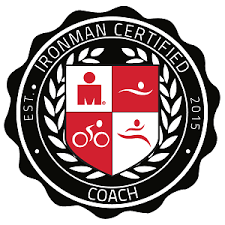|
Hi everyone,
So this time next week I will have completed my biggest race of the year. I started training with my coach Ben Hammond at the beginning of February and right from day 1 this was the race we were working towards. I realised last week when I was talking with a friend that in 2014 I have completed 5 triathlons (3x70.3, 1xOD & 1xSprint) as well as a 10km run and a half marathon. At every race this year I have set a new PB. I literally have PB'd every single race in 2014 and the final big race for the year is the one I want to PB. So needless to say, I am really really nervous. Not nervous because there is anyone in particular that I want to beat, except for you Robert Woolley! I am calling you out buddy! I am nervous because I have put this amount of pressure on myself and because I have such high expectations of myself. I have been on break from uni for a week now and I am finding it very hard to relax. I assume this has to do with the race. But I guess you will all find out when I am writing my race report next Sunday after the big day. What I thought I would write about this week is something that probably isn't very popular amongst endurance athletes, especially people like myself who have gone through a significant physical change. I sometimes wonder, am I addicted to exercise? I have always been very open with saying to people that I know I have some mental issues to work through was a result of my huge lifestyle change. Nothing too serious but I know I can be critical of my body even though people tell me I am skinny or I get a bit depressed if I eat something I know I shouldn't. But nothing puts me in a worse mood than not working out. If you are a triathlete or endurance athlete and you are reading this you will probably agree with me that the worst part of the process is the evil word that begins with 'T'. Immediately prior to a race it is normal to back off the work and rest your body. This is called tapering and I hate it. I feel fat, tired, lazy and useless. It is psychologically just as hard to get through as any hard session and can make you very difficult to live with. So what does this have to do with addiction? Well, even when I am not tapering if I cannot manage to fit in a workout for whatever reason, it puts me in a bad mood. Even on days when I declare to the world "Today I am doing no exercise" I am usually told by my wife to get out and go for a run. I see this with some of my fellow endurance athlete friends too. As a group of people we tend to do things to the extreme. We are of a particular mindset. We push the limits. But working out is good for you right? If we have to talk about addictions I would think that an addiction to exercise is much better than an addiction to drugs or food or alcohol but it can be just as dangerous. I am not going to hop on my pedestal and start telling you all that I know all about it. But I do know that sometimes I do push myself to a point that I am not entirely comfortable with. Like anything too much exercise can be bad for you. One suggestion I would make to help regulate this is to hire a coach. I know that before I had a coach I was constantly increasing the volume of work I was doing. I thought more training means bigger improvements and once I started with Ben I remember thinking "He doesn't know what I can handle, this is too easy". I decided that if I was going to pay a coach I was going to have faith in him. I religiously follow his training plans (I honestly think I complete well over 95% of what he sets me) and as I said, I have literally PB'd every race I have done since I started with him. So what to look for in a coach. For some of us, paying for a coach is a significant investment and you need to make sure you get the right match. Some people will want a coach who will watch them train, some will be happy with someone who tells them what to do. Everyone is different. What I think is the most important thing with a coach is that you have to trust them. If you are questioning everything they set you it will not work. If you are someone who needs a lot of attention then an online coach might not work. But once you find that match you will train smarter, reduce the risk of addiction and overtraining and hopefully see some amazing progress. Only because I am a proud member I wanted to throw in a plug for my global tri team MaccaX. They now have a range of online training programs and coaches which could be exactly what you need to take your training to the next level. I have included a link to it here If you have any questions about this feel free to leave them in the comments or send me a question on the contact section. As always, good luck with your training! To all of you bastards in Thailand on the MaccaX camp, I hate you all and I am super jealous. Have a blast and everyone remember to TRI!
2 Comments
Jo Baxas
23/11/2014 06:56:06 am
Totally! Not only is a no workout day a bad day, the rest of my 'lifestyle' turns to crap if there's no workout. I eat badly I drink too much and generally get lazy.
Reply
23/11/2014 09:54:04 am
Nice article, Tim. Great tips on getting a coach. I heard once that it can't be addictive if it's not destructive to yourself and others. You're dong great things. Keep it up,
Reply
Leave a Reply. |
TimI lost 50kgs though triathlon and completed the 2016 70.3 World Championships. Aiming to hit 4:05 for a 70.3, the same time it took me to complete my first Olympic Distance Triathlon. I want to bring as many new people to the sport as possible. Whether you are fit and active or want to make positive changes to your life. Archives
July 2020
Categories |
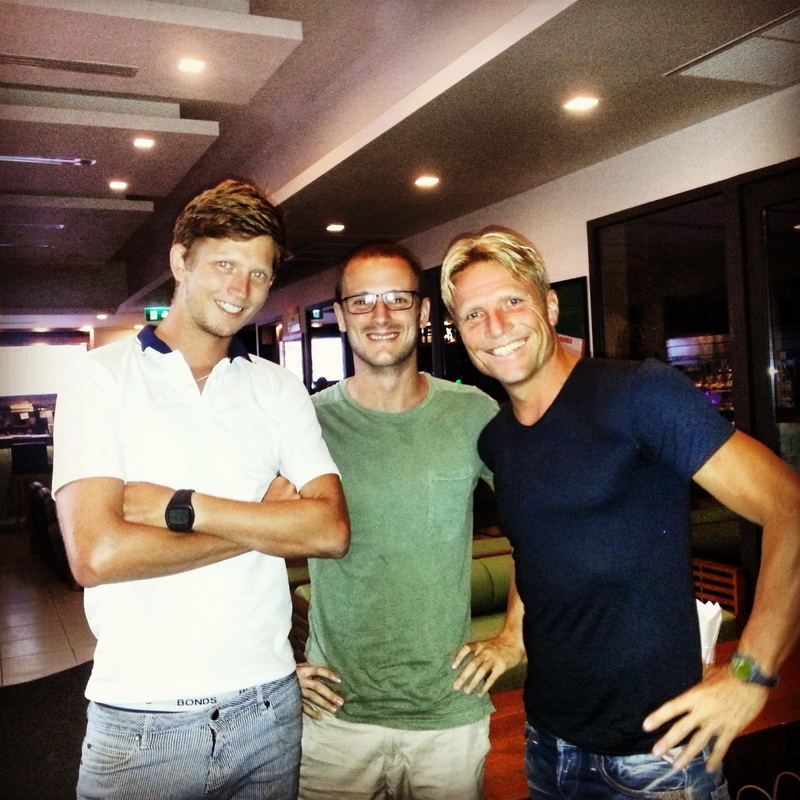
 RSS Feed
RSS Feed

